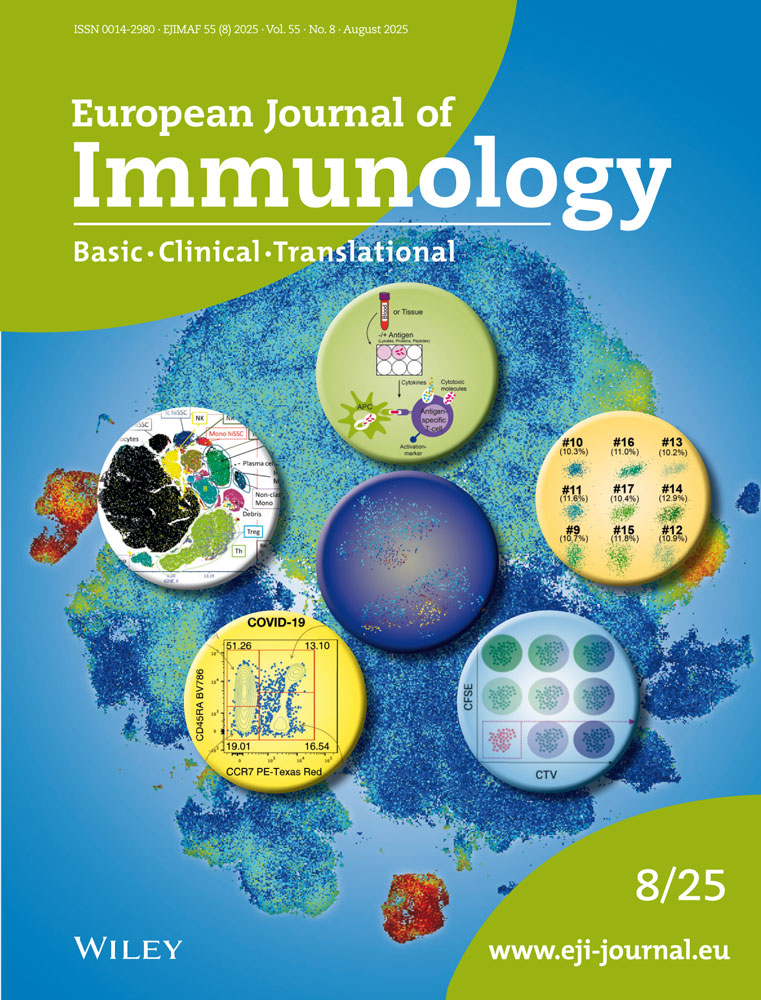Endothelial cell lysis induced by lymphokine-activated human peripheral blood mononuclear cells
Abstract
In vitro exposure of human peripheral blood mononuclear cells (PBMC) to interleukin 2 results in the generation of lymphokine-activated killer (LAK) cells. Such LAK cells exhibit cytotoxicity against a spectrum of tumor target cell lines whereas they apparently do not affect normal tissues. In this report we show that PBMC that have been activated with T cell growth factor lyse trypsinized human umbilical cord venous endothelial cells as well as endothelial cell monolayers in a dose-dependent manner. Microscopic analysis showed that during the 4-h incubation period cell clumps containing detached endothelial cells and LAK cells were formed. When these clumps were evaluated with trypan blue the endothelial cells stained positive whereas LAK cells excluded the dye. No lysis occurred when fresh PBMC were added to target endothelial cells. The endothelial cell kill could not be blocked with an anti-LFA-1 antibody nor with intact OKT3 or F(ab′)2 fragments of WT32. We conclude that lymphokine-activated PBMC exhibit cell-mediated endothelial cell detachment and lysis.




